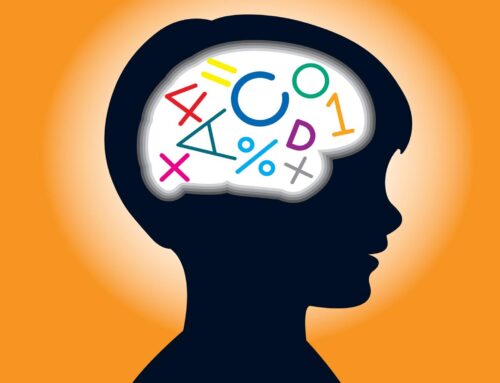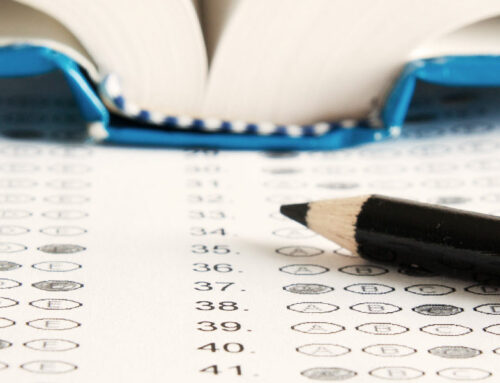The summer season at Georgetown Psychology Associates sees an increase in requests for psychoeducational evaluations. With kids out of school, or college students on a long-awaited break, the summer is an excellent time to schedule evaluation appointments. Parents have questions before, during and after the evaluation process.
A question often asked by parents new to the evaluation process is, “What exactly is a psychoeducational evaluation and how can it help my child?” A psychoeducational evaluation helps to identify a child’s strengths and needs in regards to their learning, behavior and social-emotional development. In addition to the student, we involve parents, teachers and other professionals working with them, such as tutors, psychiatrists, and therapists. When we schedule appointment with advance notice, we have the opportunity to communicate with and gather rating scales from teachers before the summer break. The goal of an evaluation is to enhance everyone’s understanding of the student to support their success in all areas of life.
To gain a comprehensive picture of a child, an evaluator examines five key areas:
- developmental/academic history
- cognitive functioning
- processing abilities
- academics
- social/emotional functioning
Background history is gathered to provide the evaluator a full understanding of a child’s development leading up to the evaluation. A child’s cognitive, or thinking, abilities are assessed through tests of intellectual functioning, or what is more commonly known as IQ tests. A child’s processing skills are then assessed via neuropsychological measures which provide a fuller picture of a child’s learning profile. These skills include language, phonological processing, working memory, attention, organization/planning and visual-motor processing.
Academic testing measures a child’s academic progress in light of their developmental and learning profile. We examine all aspects of reading, math and written language. It is also important to assess a child’s social/emotional functioning. Anxiety, depression, behavioral issues and/or social struggles may be connected to or further complicate learning and developmental challenges.
After testing is complete, a feedback session is conducted with parents followed by a final report of test findings and recommendations. For older students, when requested, we schedule a separate time to meet with them to go over the findings. Our goal in this meeting is to help them better understand their strengths and learning challenges, pave the way for recommended interventions, and give them the knowledge to effectively advocate for themselves at school.
If you are interested in learning more about the evaluation services provided at Georgetown Psychology Associates, please call our office at (301) 652-5550 for more information.




